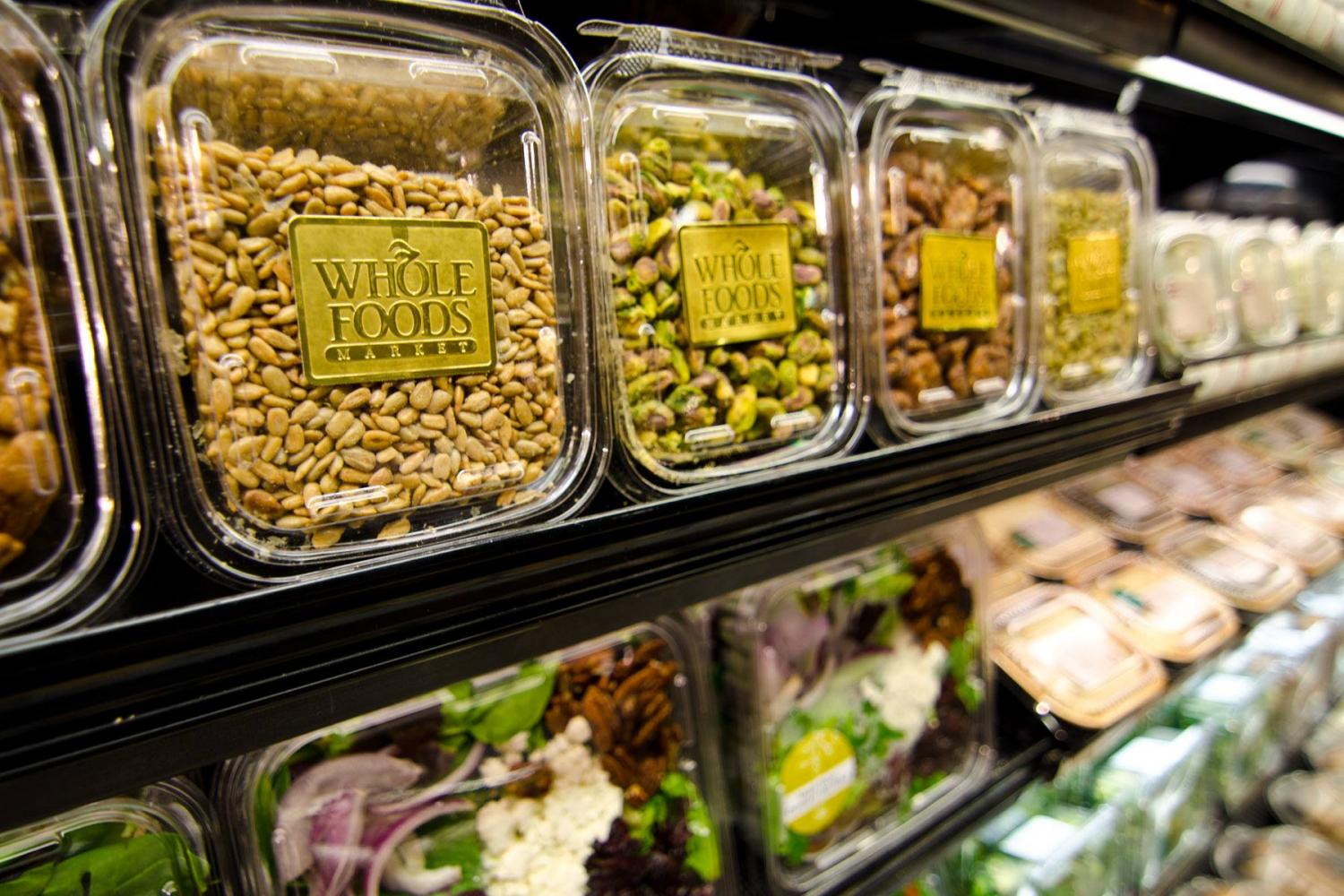
Whole Foods, often jokingly referred to as “Whole Paycheck,” has garnered quite a bit of negative press over the last few weeks. The notoriously-pricey chain stands accused of one of the worst cases of overcharging customers.
Of course, we knew Whole Foods was expensive, but we didn’t know the extent to which we were being overcharged. The city of New York recently launched a probe of Whole Foods Markets after investigators nabbed the upscale food purveyor for routinely overcharging customers.
These are not minor infractions. The inspections, dating back to 2010, revealed more than 800 violations during 107 separate inspections. The most recent flood of violations came during a sting operation the Department of Consumer Affairs conducted last fall, which specifically checked pre-packaged products to make sure the weight was accurate.
Inspectors weighed 80 different types of items at eight different Whole Foods’ locations and found that every label was inaccurate, with many overcharging consumers.
Whole Foods is not the only culprit, but it appears to be the worst. The sweep included 120 grocery stores citywide, and 77 percent were hit with one or more violations. While labeling errors afflicted most of the city's major grocery store chains, Whole Foods' pricing problems seem to be particularly systemic.
"Our inspectors told me it was the worst case of overcharges that they've ever seen," said Julie Menin, commissioner of the city's Department of Consumer Affairs.
Whole Foods is not taking these allegations lightly. Spokesman Michael Sinatra claims the chain “never intentionally used deceptive practices to incorrectly charge customers." He also notes that the store always refunds items that are found to be incorrectly priced. But how many people own scales or have the time to weigh each item to make they are being charged a fair price?
It is also important to note, however, that not all inaccurate weights lead to cost overcharges. Some identically-priced items can occasionally lead to consumer discounts. For example, the reporters from New York Daily News picked up $100 worth of groceries at the Tribeca Whole Foods in New York City on Tuesday. They found that mini roast beef sandwiches were all priced at $3.49 for 3 ounces despite their varying weights, from 4.5 to 5.1 ounces. Is it really just a matter of not being able to individually price each item because of their large volume?
"Because of the volume of product that gets produced, unintentional mistakes are made,” said Jay Peltz, general counsel and vice president of government relations for the Food Industry Alliance of New York. "If a product is delivered to a store pre-packed and pre-sealed and pre-labeled, the retailer does not have control over the packaging and weighting. It's not the retailer — it's the manufacturer that packed the product."
This news comes on the heels of the company announcing the launch of a new chain of grocery stores with lower prices, to appeal to younger, millennial shoppers. Walter Robb, co-CEO of Whole Foods, said it will be a "uniquely branded store concept unlike anything that currently exists in the marketplace" with "value prices ... a modern, streamlined design, innovative technology and a curated selection.”
In May, Whole Foods reported a 10 percent sales increase to a record $3.6 billion. This news, however, did not impress investors due to the fact that the company reported a lower profit margin than expected.
Whole Foods has been public about its interest in the rapid expansion of the chain. The company already started to build a team which focuses exclusively on the new concept of grocery stores and is in the process of negotiating leases. The new chain is slated to open next year.
We can only hope that the rapid growth of the chain and its mission to triple the amount of stores across the country is not what is driving the higher prices.
As organic and natural foods become increasingly mainstream, it will become more important that Whole Foods sets itself apart from other competitors. At the same time, it will need to appeal to a broader audience, keep prices down and combat its “Whole Paycheck” image. It will also need to rebuild trust with consumers.
Image credits: Whole Foods

Joi M. Sears is the Founder and Creative Director of Free People International, a social enterprise which specializes in offering creative solutions to the world's biggest social, environmental and economic challenges through the arts, design thinking and social innovation.














